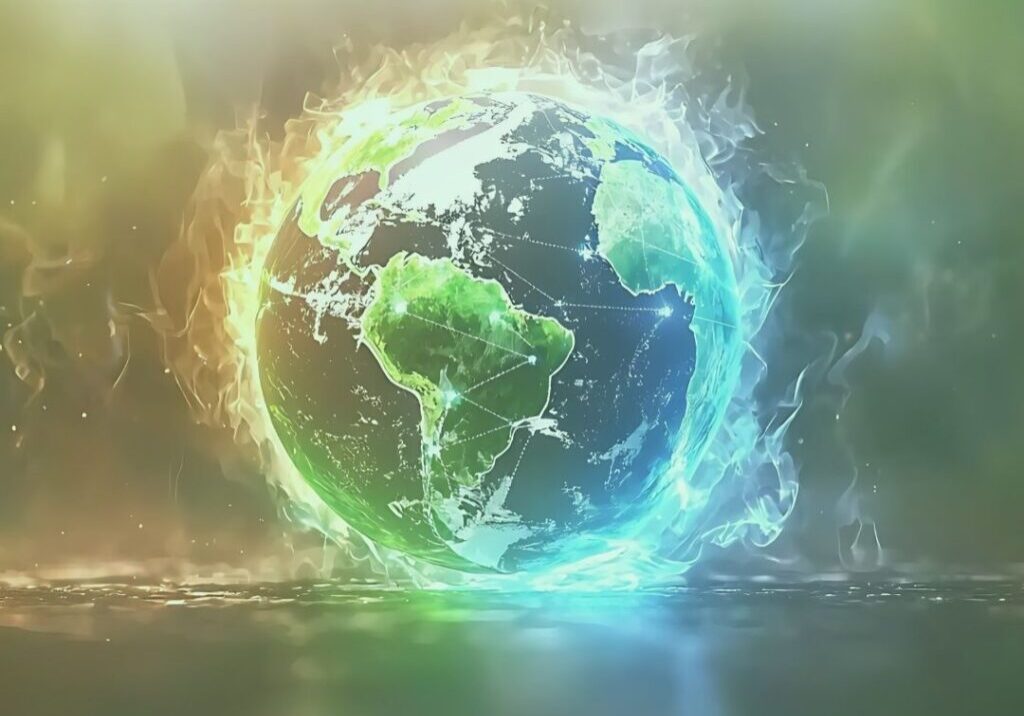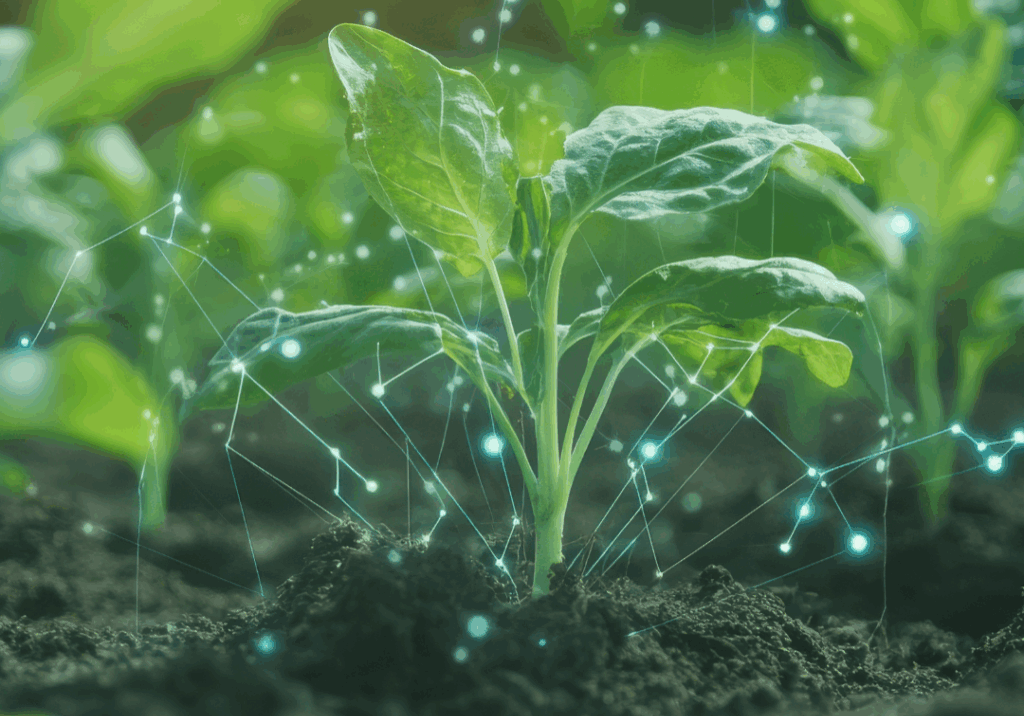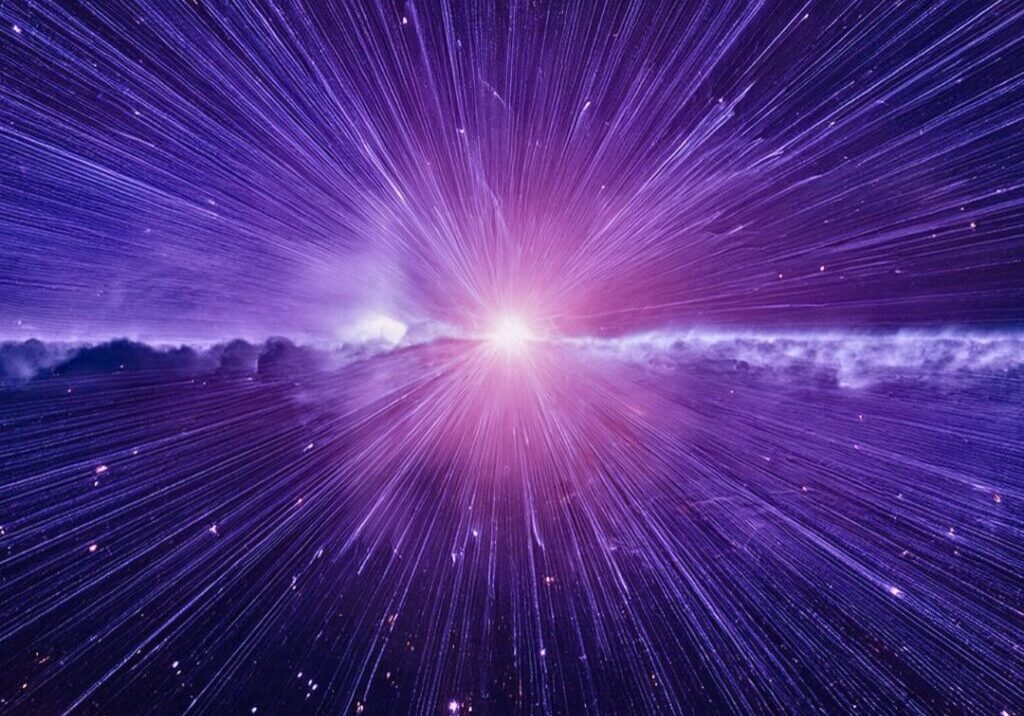The Acceleration of Change: From Future Shock to Present Reality
In 1970, Alvin and Heidi Toffler introduced the concept of “future shock”—a psychological state affecting both individuals and societies, characterized by “too much change in too short a period of time.” Writing before the advent of the internet and mobile phones, their prophetic work anticipated the disorientation that would come to define our modern era. Their prediction that “the illiterate of the 21st century will not be those who cannot read or write, but those who cannot learn, unlearn, and relearn” has proven remarkably prescient.
The Tofflers identified three fundamental shifts that would reshape society: the death of permanence, as institutions and relationships become increasingly temporary; the end of geography, as technology diminishes the importance of physical location; and the fragmentation of society into specialized subcultures. What they envisioned as future shock has become our present reality, marking a period of profound disruption in human history.
This disruption, however, was perhaps inevitable. Since Charles Darwin proposed his theory of evolution in 1859, change became the central paradigm of modern thought. Science embraced this new understanding, while religious institutions largely resisted it. Einstein’s theory of relativity further reinforced the primacy of change, demonstrating that even time itself is not absolute but relative to position in space. From the cosmic to the biological level, change is the fundamental constant of existence. Nature itself demonstrates an inherent creativity, constantly bringing forth new patterns of life under the right conditions.
Teilhard de Chardin, writing nearly a century ago, recognized the tension between rigid systems and the necessity of evolution. He argued that evolution represents “a general condition to which all theories, systems must conform.” Perceiving the growing rift between science and religion, he devoted himself to bridging this divide, seeking to create a unified field of knowledge that could guide humanity toward greater wholeness. His vision emphasized that “nothing holds together absolutely except through the Whole, and the Whole itself holds together only through its future fulfillment.” Like the Tofflers, he anticipated how computer technology could lead humanity toward greater convergence and complexity.
Today, we find ourselves at a critical juncture. The resistance of religious institutions to fully embrace scientific discovery, particularly evident in Christianity’s response to modern science, has created what Robert Geraci and David Noble identify as a paradox: while technology emerged from Judeo-Christian traditions that promise renewal and transformation, religious institutions have largely remained static, their doctrines essentially unchanged since medieval times.
This vacuum has been filled by technological advancement, particularly in artificial intelligence, which some argue could fulfill traditional religious promises of transformation and renewal. As Antje Jackelen quipped, the development of “techno sapiens” might be viewed as progress toward the religious vision of a transformed world, where “the lame walk, the blind see, the deaf hear, and the dead are at least virtually alive.”
We now find ourselves in an unprecedented period of accelerating change, driven by exponential developments in computer technology and artificial intelligence. This acceleration is rapidly transforming the very nature of human existence, potentially marking the twilight of homo sapiens and the dawn of something entirely new. The question remains whether we can navigate this transformation with wisdom and intentionality, or whether we will continue to hurtle blindly into an uncertain future.
In an era of accelerating artificial intelligence, many find themselves gripped by existential uncertainty. Some have turned to traditional religious frameworks—particularly Catholic and Evangelical fundamentalist traditions—seeking stable ground in turbulent times. Yet paradoxically, these same religious systems, with their emphasis on human dominion and a supernatural God, may have helped create the conditions for our current technological disruption.
This raises a profound question: Can traditional religious frameworks adequately address the challenges of an evolving technological world? As Alfred North Whitehead suggested, perhaps we need to reconceptualize divinity itself—not as an exception to natural processes, but as deeply interwoven with evolution and change.
Currently, we face multiple convergent challenges: the technological disruption championed by figures like Elon Musk, the political upheaval associated with Trump’s rise to power, and the neo-reactionary philosophies of Curtis Yarvin, among others. Many feel that human agency is being subsumed by algorithmic systems and vast data networks. Apocalyptic ideas are in the air.
However, rather than surrendering to technological determinism, we might consider countering these disruptions with another kind of revolution—one centered on the transformative power of love. This isn’t mere sentimentality, but rather a radical reimagining of how human connections and collective action might create new forms of power and meaning. Love, Teilhard de Chardin posited, is the core energy of the universe, not subject to the forces of entropy or disruption.
What might a revolution in love look like in practice? How do we imagine a new world of shared spiritual power that could heal our relationship with the earth and each other—one that could make our current obsession with information systems feel secondary? Technology has captured human imagination by promising unlimited possibilities. Could a renewed, dynamic spirituality offer an equally compelling vision of human potential and planetary flourishing? God is the name of unlimited possibilities and those who live in God rest on the future. God is the power of creativity and Godly power doesn’t fear the future but creates it.
Our relationship with technology often feels like chasing an ever-receding horizon of possibilities. But what if we redirected that yearning toward a revolution in how we love—both each other and our planet? This revolution might begin by recognizing that our deepest innovations aren’t found in silicon and algorithms, but in the ways we open ourselves to connection. Imagine communities where spiritual practice is woven into how we grow food, build homes, make art, and care for each other. Where wisdom traditions don’t just survive alongside technology but help us use it more mindfully and ethically.
Consider a world where our metrics of progress shift from information processing speed to the depth of our relationships—with ourselves, our communities, and the natural world. Where we measure wealth not in data centers, but in restored ecosystems and healed social bonds. Where innovation means finding new ways to listen to the land and to each other.
Technology is amazing but it must be put in service of something greater: our capacity for love, wonder, and regenerative relationship with all life. The future isn’t just something that happens to us—it’s something we actively create through how we choose to live and love today.
 View print-friendly version
View print-friendly version
38 Comments
Leave a Comment
Related Posts

The Earth Groans, AI Grows: Who Guides the Flame?
In this critical moment of planetary history, where ecosystems collapse, artificial intelligence proliferates, and human meaning trembles on the edge of uncertainty, we are faced with a profound question: What kind…


Like most “late middle agers” (68), I have been asked to change many times. From the mundane, how to make a bed in Nursing school, to the more difficult- how to think scientifically. Each change was a choice, freely made, an opportunity to experience something new. It never occurred to me that there could be a time when folks were unprepared to think for themselves -yet here we are.
At the most basic level, there is an ever expanding educational schism to teaching thinking content with moral implications. God’s love is total and unconditional. God is not going to break in and save you or even an entire species, but God’s love allows continual evolution based on the choices made by so called rational and thinking humans.
Unfortunately, the Great Schism, so long ago, separated us from the “thinking” component of Christianity. Now, I am not saying the Orthodox community doesn’t have it’s issues, but it does recognize the significance of meeting God in the “Incarnation”. That nicely veiled word for Christianized Pantheism.
I am not saying the Orthodox believe in Pantheism but the Orthodox do meet God in Creation. Realize God is manifest in every conscious stone, mountain, sea, and tree. That connection to Mother Earth and the consequences our actions bring is what is now lacking and growing ever further from our memory.
It’s time to bring ourselves off the ” high horse ” of Catholicism and realize that all beliefs and religions have a place in God’s
heart. Its time to bring children back to school (not home- we are not going for just test scores) where they learn how to think and the consequences of their actions. The standard “if-then” equations. The basics of Heart-centered moral and ethical behavior toward all.
Oh yes, mandatory remedial classes for many.
An Invocation—
You, All in All,
Love manifesting as Creation,
Animate my heart so that, like You,
I radiate unconditional Love.
(Modeled after the Gayatri Mantra)
There seems to be an overlooked ‘precursor’ to what is termed ‘future shock’. It is the complacency of extended functionality (or imbedded self interest). It is the kind of resistance to evolution, the kind a impasse that in one instance leads to extinction. Alternatively, it shapes the kind and degree of change and indeed the ‘future shock’. The precursor in fact determines the range between extinction, ‘tinkering around the edges’ and the ecstatic birth that is real survival. In religious terms this latter might be defined as real ‘faith’.
“Future shock” seems different, it presupposes survival. It is the functional turmoil of adjustment, the tumult. One might see it as akin to the ‘birth pangs’ of adjustment except that outcome and survivability are determined by that precursor and by the degree to which previous ‘functionalities’ dominate over visioning for the future.
Management of ‘future shock’ is legitimate except when it is masking intransigence. “Intransigence” seems inadequate to fully describe our existential precursor – in this case organized religion. In the ‘hands’ of intelligence – individual, community and institutional, in the realms of science and common sense it is not only recognizing the challenge for change. In these circumstances it includes the realization, the anticipation of directions and consequences. It is a strategic inertiality, sourced in self-interest, that manipulates not so much to manage ‘future shock’ but to actually render illusory change satisfactory.
No where is this more evident than in Roman Catholic Christianity. Our declared survivability (‘to the end of time’) and identity (one, holy, universal, apostolic and patriarchal) are so enshrined in long determined and defined absolutes, in dogma, doctrines and consequential practices that render the term ‘tradition’ a misnomer. The very notion of ‘change’ shakes the very foundations of its tenets, its credibility, its authoritative structure. Its insular singularity constitutes a cosmic ‘dead end’. One small example is our adherence to a vision as “universal” yet our conceptual framework is totally earth bound. Our foundation is Incarnational yet our strategy is ‘at war’ with matter and even its credibility as ‘global’ is an insular myth. As a result a unique dictionary of definition is constructed so that its logic is etherial, bears less and less foundation in reality and demands rote adherence rather than intelligent maturation.
Roman Catholic Christianity has the potential to lead humanity through its civilizational impasse of testosterone based imbalance that is expressed in violence of all sorts. Its stagnation in patriarchal adolescence that is at the heart of its institutionalism forms and informs its people and seems to prefer to form alliance with its nemeses for survival and dominance. Its ‘tinkering around the edges’ simply mask its decline into extinction that it gratuitously redefines as ‘a purer and simpler Church’. It can still be otherwise ….
I agree fully with all that is shared. Love as the answer to all the challenges we face today and in the future.
My heart sang as I read this. At 92 years old I have had a long and very interesting spiritual journey. Now as I reflect on the long years my busy thirsting mind has consolidated its view of reality, and God into three simple words : Light ,Love, Life. The true Trinitarian foundation of our Christian faith. My mind is centred on these three, because they have actualised themselves into the fabric of my life. A truly blessed and happy marriage produced five wonderful children , who have been such a blessing. They themselves have produced twelve beautiful grandchildren, and now those beautiful souls are producing more great grandchildren, All the product of Love and bringing their own version of Light , of God, the Divine Reality within everything that is. God IS LIFE. This to me is the ultimate truth. And it gives a new meaning to sin , and evil. Anything which denies, destroys or inhibits Life is sin, is evil. Is working against the Divine. This lends a whole new aspect to considerations of our organising of society, to the transactions of business or government, or health and education. I see the dynamics of this Trinity at work in my growing family, who all love each other and have been there for each other in times of need or sorrow and pain. In the support offered to my daughter’s severely autistic son, in times of grief at the death of a loved husband or son. And in the support being offered to a granddaughter who is about to give birth to twins, one of them with a severe malformation which may need neonatal surgery. This Holy Trinity does not supply a comfortable life, but it does work out the cosmic dynamics which lead ultimately to the upward evolution of our world. And of our consciousness. And for me , this Holy Trinity is always clothed in Beauty.
” We wait patiently or rather we are patients”
„God is the name of unlimited possibilities and those who live in God rest on the future. God is the power of creativity and Godly power doesn’t fear the future but creates it.“
I experience this power of Love which we name God as energy to get up and be ready for actions of love. But the longer I walk this path, this name God doesn’t really capture people. They need practical examples of dedicated fellow human beings.
At the age of almost 70 years I fully acknowledge the name of your website which refers to the source of transformation.
The reality – evident in our Sunday Mass ritual, the SAME rituals and often the same sermons
as when I attended as a boy 3/4 of a century ago –
“religious institutions have largely remained static, their doctrines essentially unchanged since medieval times”.
Thankfully there are a few voices crying in the wilderness,
We even are blessed by our Pope Francis who with Laudate si has asked us to care for our common home,
and with the Synod processes has asked us to listen to each other,
steps in the direction of loving our planet and our neighbour.
I can only HOPE and PRAY that some of our clergy can have – and take – the opportunity to listen to and act upon
what prophets like Ilia and Pope Francis are saying and spread the true GOOD NEWS of love that Jesus gave us.
Thankfully more and more of the educated lay people are already leading the way, as Ilia writes:
“toward a revolution in how we love—both each other and our planet”
Tony
Thank you so much for this Ilia, your words and other’s comments above bring comfort. I am 92 and so grateful for technology with family scattered around the world. Love is forever changing, is fluid, is never stuck in form and is a constant learning process. The more I can love and show my love the more I change and grow and then acceptance and surrender become a joy. Fear of change and negativity keeps us stuck in low level states, curiosity and open minded exchanges raise our pulse, more energy flows and joy is present.
Evolutionary teachers, such as yourself and others are helping me release old stuck thinking and fears and with a small community of evolutionary friends I am enjoying a revolutionary old age – new wine in a ‘new bottle’!
My daily invication—
You, All in All,
Love manifesting as creation,
Animate my heart so that, like You,
I radiate unconditional Love.
(Adapted from the Gayatri Mantra)